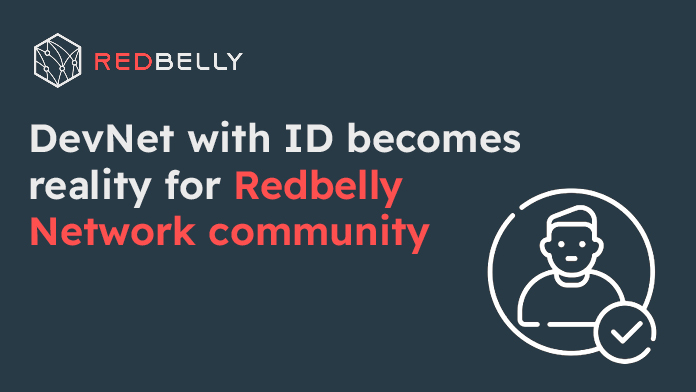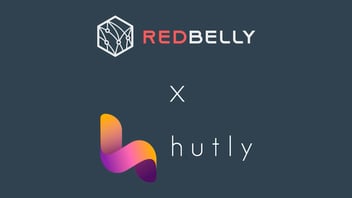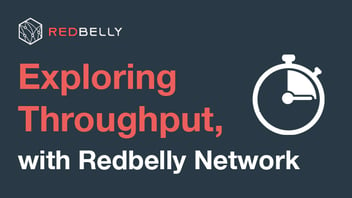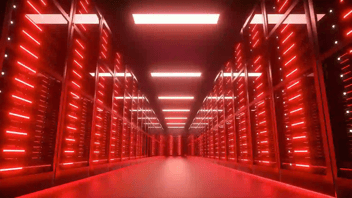DevNet with ID becomes reality for Redbelly Network community
Learn about the Democratic Byzantine Fault Tolerance (DBFT) consensus algorithm, and running a node with Redbelly Network’s DevNet with ID.
Redbelly Network is renowned for its Compliant Asset Tokenisation (CAT) solution. Devnet with ID went live in October 2023, the next phase of the Redbelly Roadmap which allows participants to begin building on the Redbelly Network ecosystem. Additionally the launch of DevNet with ID has fostered continued ecosystem and community growth as we move towards the imminent Testnet and Mainnet releases.
Redbelly Network will bring a distinctive advantage by implementing Accountability through Receptor. Through the innovative Receptor protocol, all network participants are required to prove they are who they say they are, ensuring they can be held accountable. Redbelly ensures peak performance via its growing network of governor nodes alongside supplementary candidate nodes.
Node operators play a pivotal role in enhancing network security and decentralisation while reaping rewards and incentives through staking for their valuable contributions of processing transactions and keeping the network secure.

Network reconfiguration
Redbelly's optimal performance is achieved with a validator set of up to 200 governor nodes. As a security measure and to allow greater decentralisation, additional nodes are included in the network. Thus, nodes are split into two groups: candidates and governors. Governors are classified as nodes who are currently participating in consensus whereas candidates are nodes that are awaiting to be rotated into the group of governors.
Periodically, the group of governors is reshuffled randomly to ensure a consistent rotation of consensus participants. Every two weeks, the network will automatically replace the network tolerance of Byzantine nodes from the set of governors with randomly selected candidates.
Regardless of whether a node is presently a governor or a candidate, the node will maintain state. However, as governor nodes participate in consensus and candidate nodes do not, governor nodes will receive twice the gas fees relative to candidate nodes. There is no difference in signup bonus or staking rewards for candidates and governors.
Identity and participation on the network
Redbelly is purpose built for compliant asset tokenisation. As such, accountability is one of the foundations of the network that has been built directly into the protocol.
Network access
To ensure a baseline of accountability, all network participants MUST prove they are who they say they are before gaining access. This process is facilitated by Receptor, Redbelly's native identity protocol.
Receptor
Redbelly's native identity protocol, Receptor, facilitates identity verification on the network, enabling both users and businesses to prove claims about their identity through verifiable credentials.
User access
Before users can self-enable their accounts with write access to the network, they must claim an access credential from a network accredited issuer.
Business participation
To reduce the risks associated with the impersonation or misrepresentation of businesses which can mislead customers, business verification is available on the network. Like users, organisations can be verified to ensure that other network parties can be confident that they're interacting with licensed entities, official representatives and official smart contracts on chain.
Running a node
Node Operators contribute the networking, compute, and storage resources necessary to process transactions and update the state of the network. To do this, each node runs an instance of the DBFT consensus and SEVM processes. Their core responsibility is to run a node that maintains a copy of the blockchain's ledger, validates and records transactions, and contributes to the network's security and decentralisation by participating in DBFT consensus. In return, nodes are compensated through incentives, staking rewards, and transaction fees.
Why run a node?
Becoming a Redbelly Node Operator allows you to participate in our innovative and disruptive network that is revolutionising the adoption of blockchain technology as we know it through compliant asset tokenisation.
Network governance
Governor nodes are responsible for running the consensus and ensuring that the network can decide on new blocks to be appended to the blockchain.
Built into the protocol are mechanisms for monitoring the activity of governor nodes during consensus rounds to ensure an optimal number of governor nodes are active.
Whenever a governor node misses more than the threshold number of consensus rounds, a voting process automatically occurs between the group of governors. The voting process is used to verify the node is inactive for a majority of the network.
The process is as follows:
- The governor node initiating the request requests other governor nodes to verify that the node is inactive for the majority of the network.
- The governors all sign their messages and pass them to the requesting governor node.
- The requesting governor node then raises a request with a specific smart contract that decides whether to replace the node with a candidate node.
- If the node is found to be inactive, the governor node is replaced with a randomly selected candidate node.
- An inactive governor node can be in one of three states:
-
- Chilling: In a window size of 100 consensus rounds, if the node misses less than 50 rounds, the node is classified as chilling.
-
- Jailed: In a window size of 100 consensus rounds, if the node misses more than 50 rounds, the node is classified as jailed. It is removed from the set of governors and 20% of its stake is slashed. To get out of jail the node operator can either prove their inactivity was not intentional within 21 days after being jailed, or wait for 4 weeks and top up their slashed coins.
-
- Tombstoned: If a node is jailed four times without proving their inactivity was not intentional, the node is classified as tombstoned. Once tombstoned, the node cannot automatically rejoin the network and the entirety of their staked balance will be slashed.
Users can learn all about Redbelly’s Devnet and get instructions on how to access via https://vine.redbelly.network/





